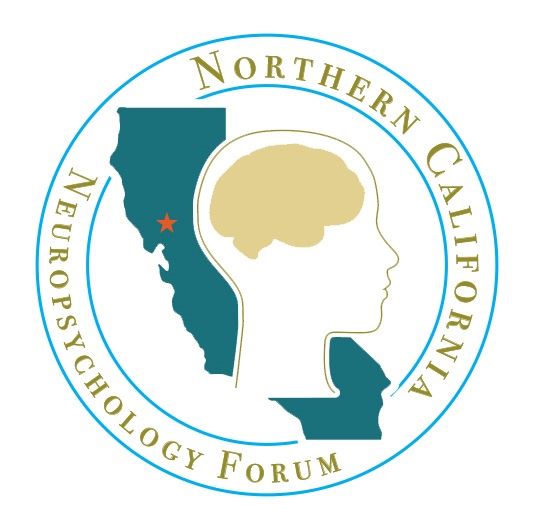Northern California
Neuropsychology Forum
Pediatric Neuropsychology - Answers to Frequently asked Questions
What is Clinical Neuropsychology?
Clinical neuropsychology is focused on understanding the link between the brain and behavior. For example, how changes in the health of the brain may affect the ability to pay attention, remember, or solve problems. This understanding between how someone thinks and acts and how the brain works is used to diagnosis and treat brain disorders.
What is a Pediatric Neuropsychologist?
Pediatric neuropsychologists are licensed psychologists. They have training in both clinical psychology and neuropsychology. They have special training in how the brain develops. They use this training to evaluate and help manage children with brain disorders. Such disorders may involve brain injury, medical disease, or developmental problems. Pediatric neuropsychologists help parents, teachers, and physicians to:
- Understand how problems with the brain may relate to problems seen at school, home, or with peers
- Understand how a child learns best
- Understand why a child may have behavior problems
- Help a child deal with thinking or behavior problems
- Identify neurological or psychiatric problems
- Help match expectations to a child’s specific strengths and weaknesses
- Work with other doctors and teachers to develop the best treatment and school plan for a child
How do I know if my child needs a Neuropsychological Evaluation?
A neuropsychological evaluation may help if your child has:
- A neurological disorder such as spina bifida, hydrocephalus, cerebral palsy, epilepsy (seizures), eurofibromatosis, tuberous sclerosis, or a brain tumor.
- A brain injury from a trauma to the head, stroke, lack of oxygen, or an infection.
- Other medical problems such as prematurity, diabetes, chronic heart or breathing problems, certain genetic disorders, or treatment for childhood cancer
- Been exposed to lead, street drugs, or inhalants (carbon monoxide)
- Been exposed to alcohol, smoking, or certain drugs prior to birth.
- A developmental or school problem such as a learning disability, attention-deficit/hyperactivity disorder, or autism spectrum disorder/pervasive developmental disorder
- Had an evaluation by a psychologist or the school, but the treatment following that evaluation has not helped.
Your physician may recommend a neuropsychological assessment to:
- Help make or confirm a diagnosis
- Get a record of your child’s functioning before treatment with medicine or surgery.
- Record a change in your child after a medical treatment (testing can be repeated to see if the treatment changed your child’s functioning)
- Record your child’s development treatments and expectations can be adjusted to your child’s needs.
What does a Neuropsychological Evaluation Involve?
A neuropsychological evaluation involves examining thinking, behavior, and social-emotional functioning. The evaluation uses standardized tests and procedures. Examiners work directly with your child. They also talk to you and teachers and other doctors. Tests may be performed using paper and pencil or on the computer. Your child will be asked many questions and to solve different types of problems. Neuropsychological evaluations typically include tests that measure the following:
- Intelligence (IQ)
- Problem solving
- Planning and organization
- Attention and memory
- Processing speed
- Language
- Academic skills
- Visual perception
- Control over hand movements
- Depression and anxiety
- Aggression and impulsive behavior
- Social skills
The neuropsychologist will also review your child’s medical and school records to help understand how the test results relate to daily life.
How does a neuropsychological evaluation differ from a school evaluation?
Pediatric neuropsychologists and school psychologists often use some of the same tests. However, school evaluations focus on deciding IF a child has a problem with academic skills such as reading, spelling, or math. Pediatric neuropsychologists focus on understanding WHY a child is having problems in school or at home. This is done by examining academic skills but also examining all of the thinking skills needed to perform well in and outside of school - skills like memory, attention, and problem-solving Understanding a child’s specific thinking strengths and weaknesses helps to better focus school plans and medical treatment and understand potential areas of future difficulty. Because neuropsychologists have training in clinical psychology, they are also able to diagnosis emotional problems like depression and anxiety.
How do I find a pediatric neuropsychologist?
A listing of San Francisco Bay Area Clinical Neuropsychologists, can be found on the NCNF website under the NCNF Directory. For pediatric providers you can select the age range of the child to find available Bay Area pediatric neuropsychologists in the directory. Additionally, most states have professional membership societies or associations dedicated to clinical neuropsychology. Although membership in a state association does not necessarily imply professional competence, many do provide a referral service for the public.
